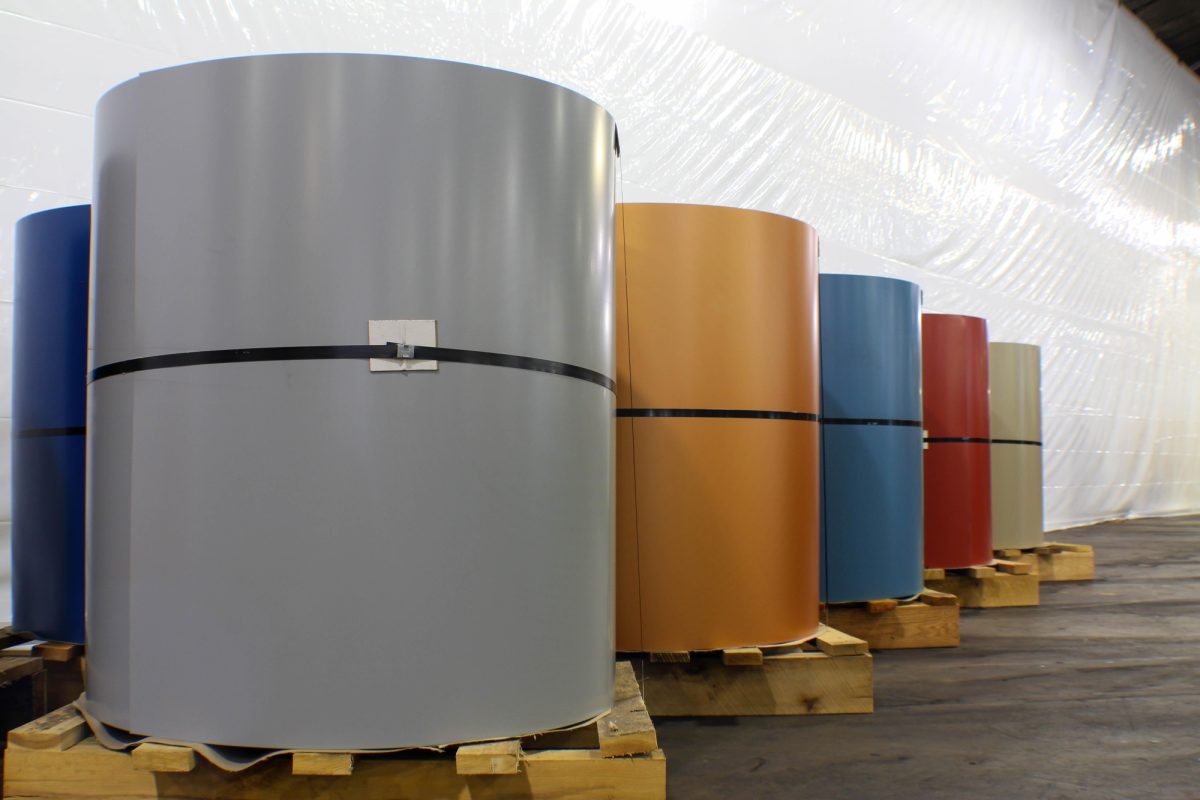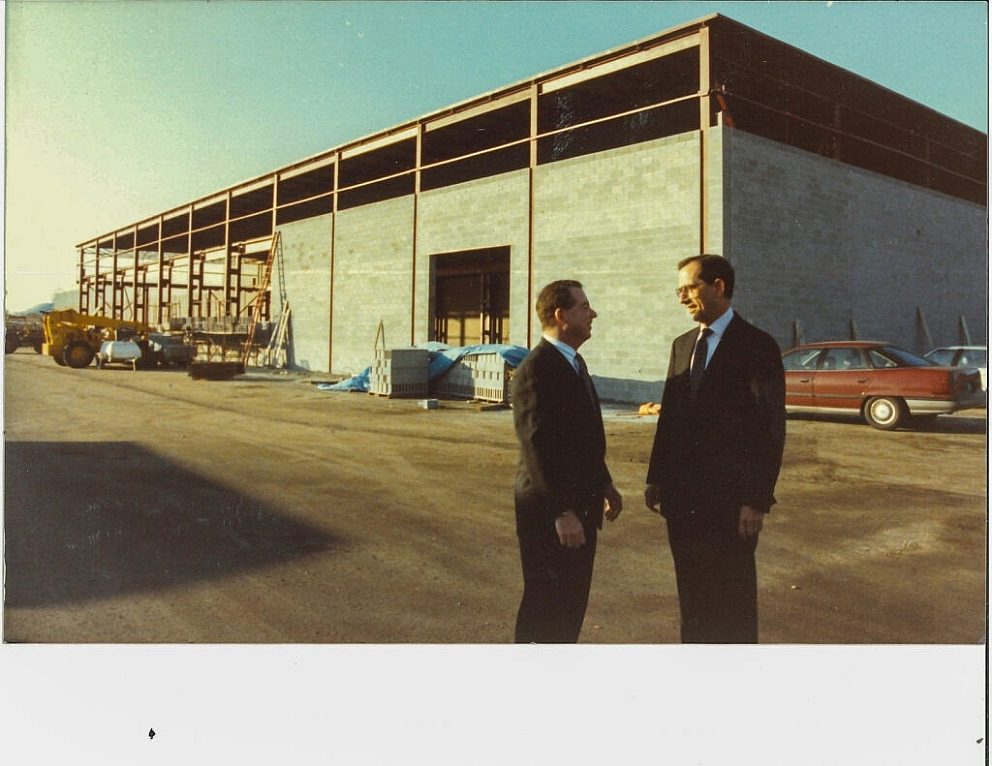Your Guide to Stainless Steel Grades: Properties & Applications

Why Stainless Steel?
Stainless steel is a go-to material for industries that demand durability, corrosion resistance, and a polished appearance. Whether you’re in manufacturing, construction, or food processing, choosing the right stainless steel grade is key to performance and longevity. At Mill Steel, we’re more than just a stainless steel distributor—we’re your trusted partner in finding the best material for your needs.
Understanding Stainless Steel Grades
Austenitic Stainless Steel (300 Series)
- Composition: High in chromium and nickel.
- Why Choose It? Exceptional corrosion resistance, non-magnetic, highly durable, and easy to weld.
- Common Grades: 304, 316, 321.
- Industries Served: Food processing, medical, marine, chemical processing.
Austenitic Stainless Steel (200 Series)
- Composition: Lower nickel content, replaced with manganese and nitrogen.
- Why Choose It? More cost-effective than 300 series, good corrosion resistance, and high strength.
- Common Grades: 201, 202.
- Industries Served: Kitchenware, appliances, automotive trim, structural components.
Ferritic Stainless Steel (400 Series)
- Composition: Chromium-based, with low nickel content.
- Why Choose It? Cost-effective, magnetic, good corrosion resistance, and great for high-temperature applications.
- Common Grades: 409, 430.
- Industries Served: Automotive exhaust systems, kitchen appliances, architectural designs.
Martensitic Stainless Steel
- Composition: Higher carbon for added strength.
- Why Choose It? High hardness, moderate corrosion resistance, and magnetic properties.
- Common Grades: 410, 420.
- Industries Served: Cutlery, aerospace, turbine blades, surgical tools.
Duplex Stainless Steel
- Composition: A mix of austenitic and ferritic properties.
- Why Choose It? Twice the strength of austenitic steel with improved stress corrosion resistance.
- Common Grades: 2205, 2507.
- Industries Served: Chemical processing, offshore structures, pipelines.
Precipitation-Hardening Stainless Steel
- Composition: Alloyed with copper, aluminum, or titanium for superior strength.
- Why Choose It? High strength, corrosion resistance, and excellent heat resistance.
- Common Grades: 17-4 PH, 15-5 PH.
- Industries Served: Aerospace, power plants, high-performance machinery.
How to Choose the Right Stainless Steel for Your Business
When selecting the right stainless steel grade, consider:
- Corrosion Resistance: For high-exposure environments, go with 316 stainless.
- Strength & Durability: Need extra toughness? Martensitic or precipitation-hardening grades are best.
- Weldability & Formability: Austenitic grades offer superior fabrication flexibility.
- Cost Efficiency: We’ll help you find the best balance between performance and budget.
Why Mill Steel?
As a top stainless steel coil supplier and stainless steel distributor, Mill Steel offers:
- A robust inventory of stainless steel coils, sheets, and blanks in various thicknesses.
- Precision processing services including slitting, cutting, and custom finishes.
- Reliable customer service—we’re here to help you find the best material for your application.
Looking for stainless steel coil? We stock a wide range of stainless steel coils ready to meet the demands of your business. From light-gauge to heavy-duty applications, we’ve got you covered.
Nationwide Reach with Local Expertise
Mill Steel proudly serves customers across the U.S. with strategically located processing and distribution centers to deliver stainless steel quickly and efficiently. Find us in:
Wherever your business is located, Mill Steel is an easy to work with stainless steel distributor who understands your needs.
FAQs: Everything You Need to Know About Stainless Steel
- What is the most corrosion-resistant stainless steel? 316 stainless steel provides top-tier corrosion resistance, especially in harsh environments.
- What’s the difference between 304 and 316 stainless steel? 316 contains molybdenum, making it more corrosion-resistant than 304, especially against chlorides. Learn more about the differences here.
- Is stainless steel magnetic? Austenitic stainless steels (like 304 and 316) are non-magnetic, while ferritic and martensitic grades (409, 410, 430) are magnetic.
- What are the advantages of 200 series stainless steel? 200 series stainless steel is a more affordable alternative to 300 series, offering good corrosion resistance and strength while using less nickel.
- How do I know which stainless steel grade is best for my project? Consider factors like environment, strength, weldability, and cost. If you’re unsure, our Mill Steel experts can guide you to the best option.
- What industries benefit the most from stainless steel coils? Stainless steel coils are widely used in automotive, construction, food processing, medical equipment, and industrial manufacturing.
- Where can I find a stainless steel distributor near me? Mill Steel proudly serves customers across North America. With strategic distribution centers and fast delivery, we make it easy to find the stainless steel, aluminum, and carbon steel you need.
- What sizes and finishes are available in stainless steel coils? We offer a wide range of stainless steel coil sizes and finishes, including brushed, polished, and mill finish. Custom cuts and slitting are available to match your exact specifications.
Let’s Work Together
Looking for a stainless steel supplier you can trust? We’re here to provide top-quality materials, expert advice, and fast, reliable service. Contact us today and let’s find the right stainless steel for your next project!


